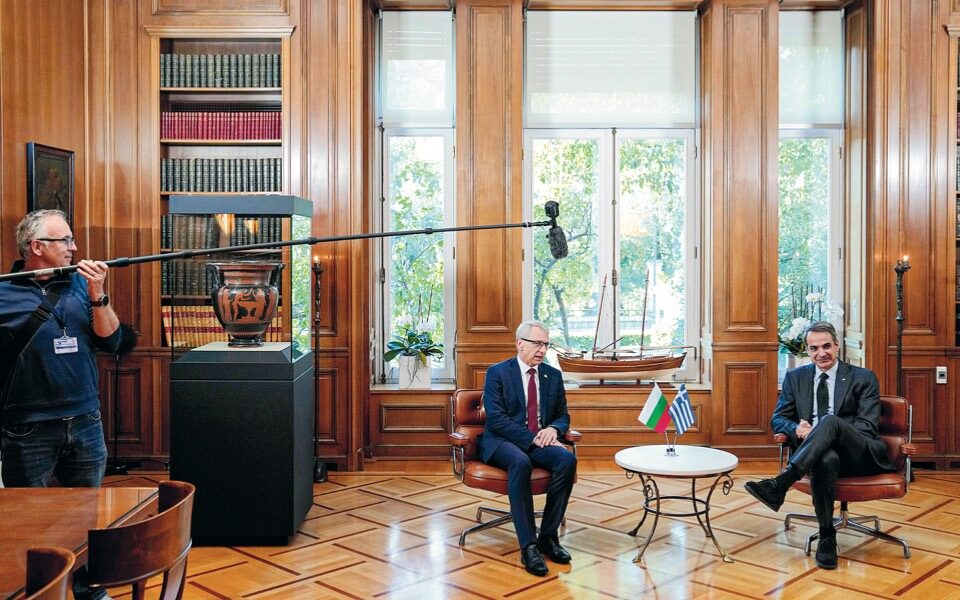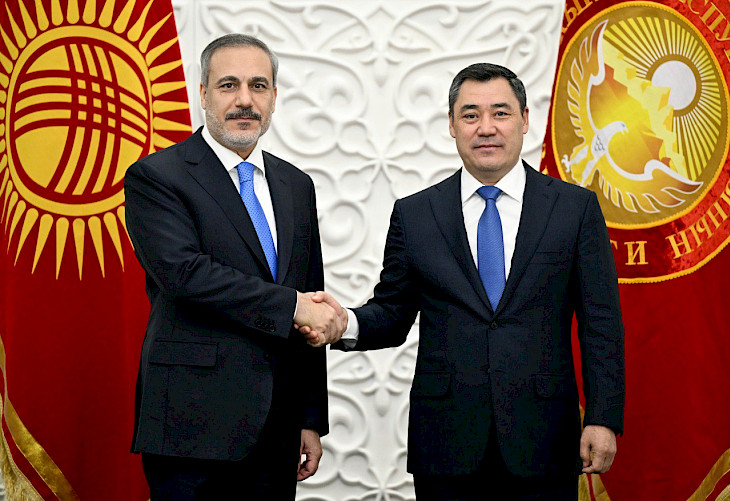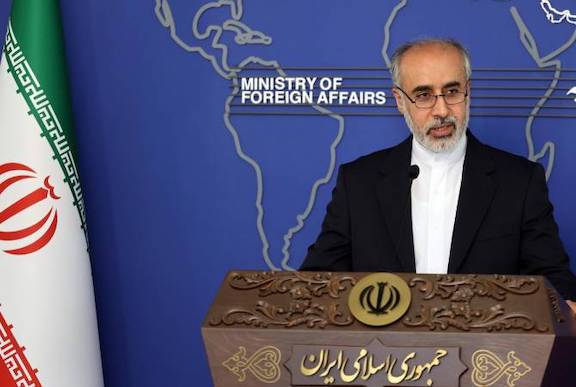
Ekathimerini (8 January 2024)
Constantinos Filis
The situation in some parts of the Western Balkans(*) is volatile and problematic in the rest. Prospects of joining the European Union have faded and the fresh momentum stemming chiefly from Ukraine but also from Moldova in the shadow of the Moscow-Kiev war has stumbled on the unwillingness of certain member-states in the union to accelerate enlargement, as well as on the inability of national governments to carry out reforms bringing their country’s system up to EU standards. I remember being in Washington, DC, a year ago, and hearing the cry of despair from North Macedonia’s then-foreign minister, Nikola Dimitrov, concerning the grave consequences on the Western Balkans’ stability and democratization if their citizens began to lose faith in EU intentions for enlargement.
Greek policy has perforce entered a new cycle 20 years after the first EU-Western Balkans Summit took place in Thessaloniki, so it is essential that we formulate a comprehensive rather than piecemeal approach. Greece has serious unfinished business with Albania because of the case of Fredi Beleri (the jailed ethnic-Greek mayor-elect of Himare), while we are also stalling over the implementation of the terms agreed with North Macedonia, losing precious time, given that the upcoming elections in the neighboring country are likely to see the resurgence of the nationalist VMRO, which opposes the Prespes name deal with Greece.
(*) AVİM considers the term "Western Balkans" to be a politically motivated separatist terminology and insists on the use of the geographical and historical identification "Balkans" regarding the region.
No comments yet.
- TECTONIC MOVEMENTS IN THE SOUTH CAUCASUS The Caucasus and Turkish-Armenian Relations 10.01.2024
-
 SADYR ZHAPAROV RECEIVES TURKISH FOREIGN MINISTER HAKAN FIDAN
Central Asia
10.01.2024
SADYR ZHAPAROV RECEIVES TURKISH FOREIGN MINISTER HAKAN FIDAN
Central Asia
10.01.2024
- IRAQI SHIP LOADED WITH 10 MILLION LITERS OF FUEL ARRIVES IN PALESTINE Iraq 10.01.2024
-
 IN RESPONSE TO ANKARA, IRAN REITERATES OPPOSOTION TO ‘GEOPOLITICAL CHANGES’ IN CAUCASUS
The Caucasus and Turkish-Armenian Relations
10.01.2024
IN RESPONSE TO ANKARA, IRAN REITERATES OPPOSOTION TO ‘GEOPOLITICAL CHANGES’ IN CAUCASUS
The Caucasus and Turkish-Armenian Relations
10.01.2024
-
 THE BELERI CASE AND BALKAN POLICY
The Balkans
10.01.2024
THE BELERI CASE AND BALKAN POLICY
The Balkans
10.01.2024
-
25.01.2016
THE ARMENIAN QUESTION - BASIC KNOWLEDGE AND DOCUMENTATION -
12.06.2024
THE TRUTH WILL OUT -
27.03.2023
RADİKAL ERMENİ UNSURLARCA GERÇEKLEŞTİRİLEN MEZALİMLER VE VANDALİZM -
17.03.2023
PATRIOTISM PERVERTED -
23.02.2023
MEN ARE LIKE THAT -
03.02.2023
BAKÜ-TİFLİS-CEYHAN BORU HATTININ YAŞANAN TARİHİ -
16.12.2022
INTERNATIONAL SCHOLARS ON THE EVENTS OF 1915 -
07.12.2022
FAKE PHOTOS AND THE ARMENIAN PROPAGANDA -
07.12.2022
ERMENİ PROPAGANDASI VE SAHTE RESİMLER -
01.01.2022
A Letter From Japan - Strategically Mum: The Silence of the Armenians -
01.01.2022
Japonya'dan Bir Mektup - Stratejik Suskunluk: Ermenilerin Sessizliği -
03.06.2020
Anastas Mikoyan: Confessions of an Armenian Bolshevik -
08.04.2020
Sovyet Sonrası Ukrayna’da Devlet, Toplum ve Siyaset - Değişen Dinamikler, Dönüşen Kimlikler -
12.06.2018
Ermeni Sorunuyla İlgili İngiliz Belgeleri (1912-1923) - British Documents on Armenian Question (1912-1923) -
02.12.2016
Turkish-Russian Academics: A Historical Study on the Caucasus -
01.07.2016
Gürcistan'daki Müslüman Topluluklar: Azınlık Hakları, Kimlik, Siyaset -
10.03.2016
Armenian Diaspora: Diaspora, State and the Imagination of the Republic of Armenia -
24.01.2016
ERMENİ SORUNU - TEMEL BİLGİ VE BELGELER (2. BASKI)
-
AVİM Conference Hall 24.01.2023
CONFERENCE TITLED “HUNGARY’S PERSPECTIVES ON THE TURKIC WORLD"









